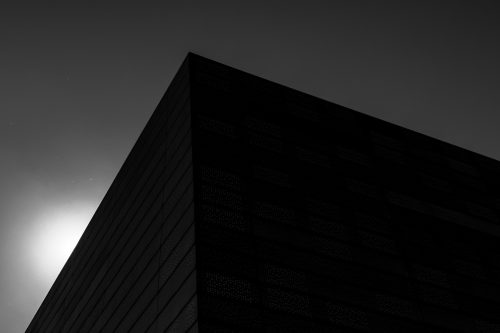I failed last year. A lot. I failed more times than I can count. No matter how often I fail, failure is always sharp and cutting—it never feels good.
I made my first-ever New Year’s resolution at the beginning of 2011: I resolved to not purchase anything for an entire year. A lofty resolution.
Two months after making my resolution, my thought process regarding buying stuff had changed significantly. At first, when I wanted to purchase an item, I would think, Hey, look—that thing looks cool. I think I’ll buy it.
But, eventually, I was forced to face the fact I couldn’t buy those things. And, by the end of the fourth month, something beautiful had happened: I no longer wanted to buy new things. My entire thought process regarding impulse consumption had changed.
I had accidentally reprogrammed myself.
My resolution was to prove I didn’t need to buy stuff for a year. But I learned I could actually change myself in the process. After four months, I no longer wanted to buy material items on impulse. The persistent desire to consume was gone. It was—and is—a phenomenal feeling.
And then, six months into the experiment, something unfortunate happened: I spilled tea all over my computer. It wouldn’t power on. It was ruined. Thankfully, my first thought was not, I guess I’ll go buy another computer. Instead, my first thought was, How can I live without this item?
I went the next several weeks without a computer. I wrote essays longhand on yellow legal pads. I wrote fiction by hand, and it looked like the musings of a madman. I accessed the Internet at libraries, at friends’ houses—anywhere except my tea-soaked Macbook.
After a few weeks, Ryan offered to give me a new laptop for my 30th birthday—an offer I turned down because I felt it was cheating. So I soldiered on, computerless for several more weeks.
Eventually I realized I was less productive without my computer. I was writing less, I wasn’t enjoying writing as much, and I didn’t feel as good about what I was writing. I realized I was depriving myself of an essential tool. For me, minimalism has never been about deprivation; rather, minimalism is about getting rid of life’s excess in favor of the essential. For me, a computer was essential, so I got a new one.
And, throughout the rest of the year, I purchased a few other tools I needed as well. But I never returned to the impulse-driven consumption of my past. I was reprogrammed. And I will be forever changed by the experience of not buying stuff impulsively this year. I strongly recommend not buying anything for the next four months—see what it does for your impulses.
At the end of the day, my experiment was, by definition, a failure. But it was a beautiful failure that provided invaluable feedback and insight that I’m thankful for.
This year’s resolution? Well, I don’t have any goals, but I plan to continue to learn from my failures.
If you find value in The Minimalists, consider donating a dollar.


